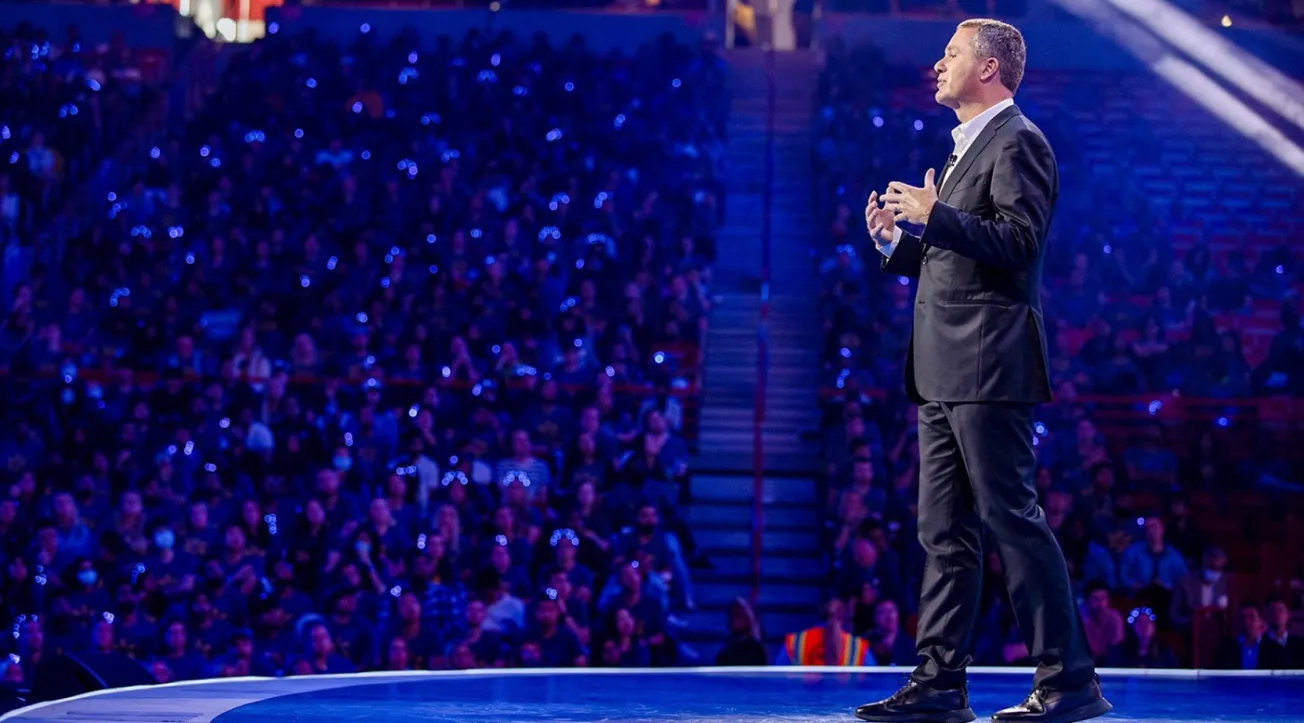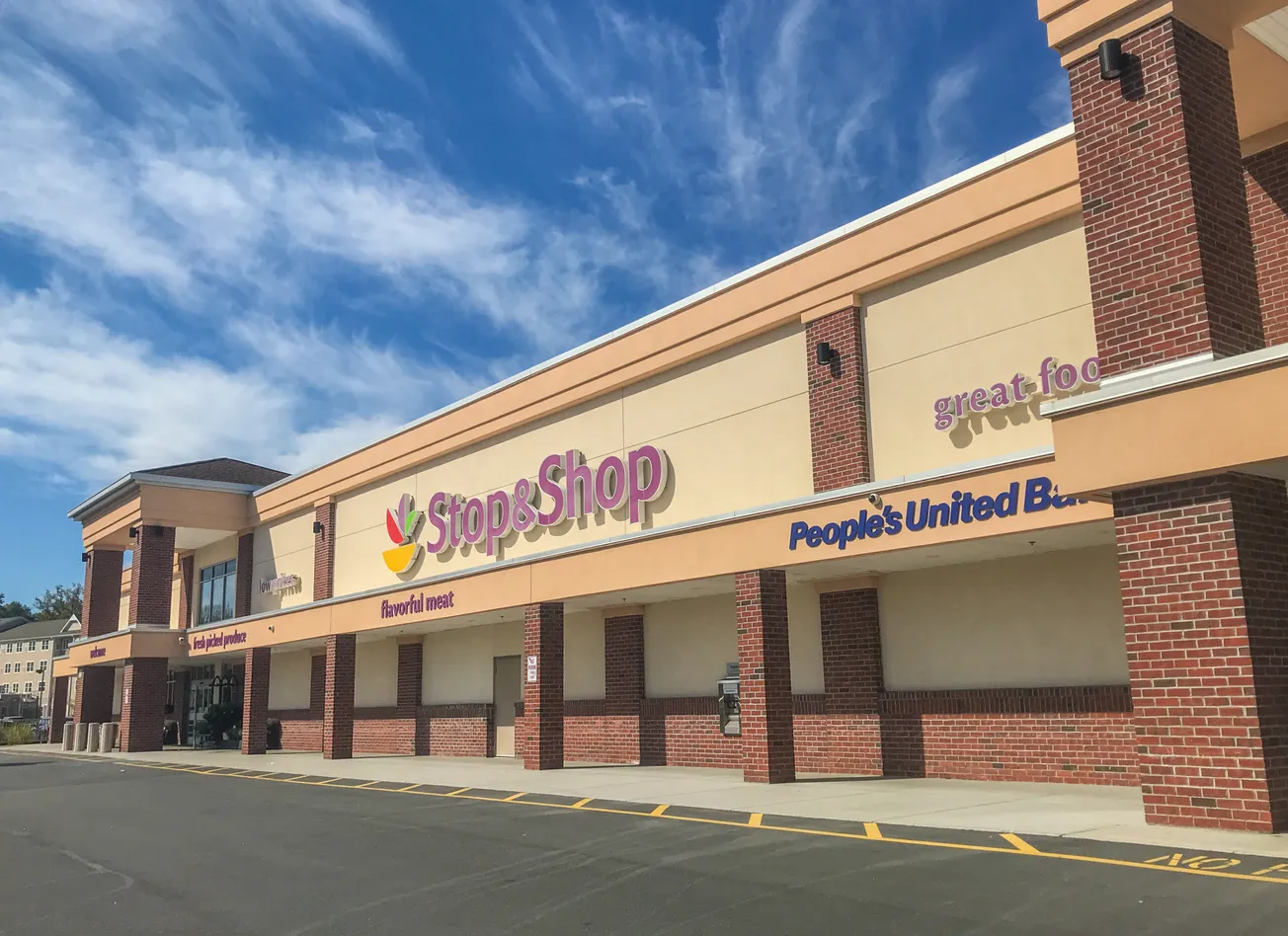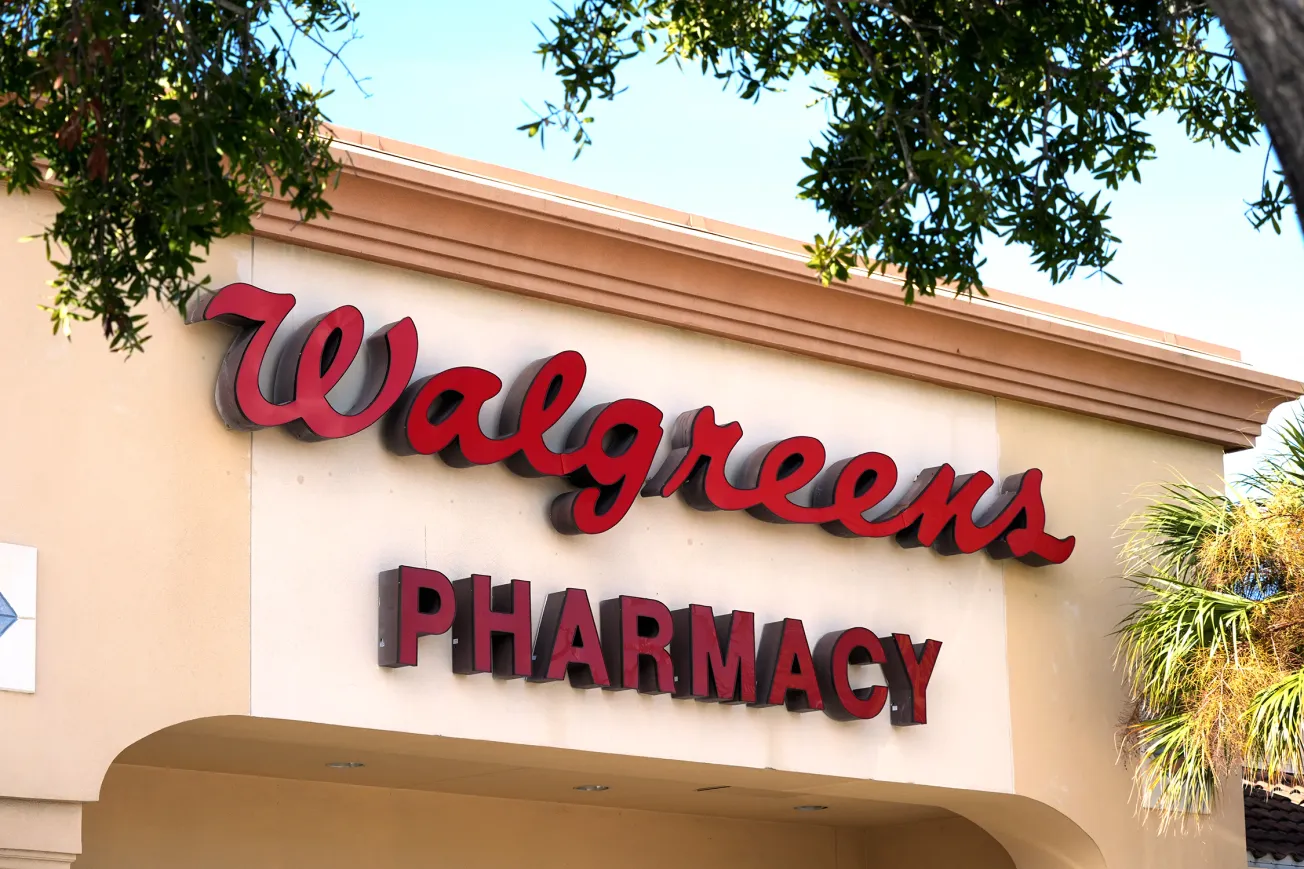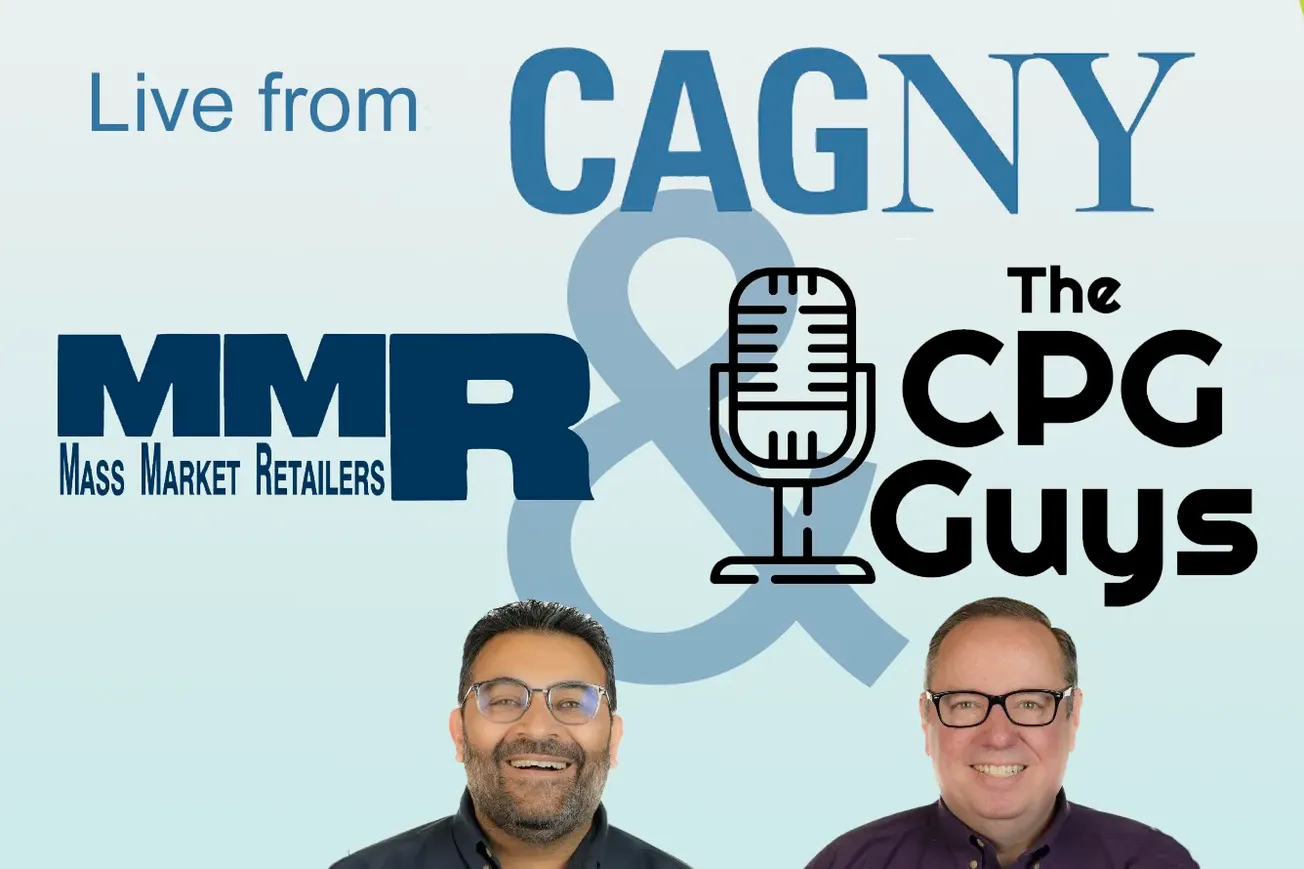NEW YORK — Retailers have a critical role to play in providing health care products and services in a way that is more personalized, inclusive, accessible and holistic, according to retail executives who spoke earlier this month at a WSL event called “Beyond Wellness. The Future of Health. What Shoppers Really Want.”
Andrea Brookhart, director of population health and wellness at Kroger Health, pointed out that retail pharmacists are typically the health care professionals who are most accessible to patients, and are seen by them most frequently.
“Our engagement can be huge,” Brookhart said. “Our mission is to improve outcomes, and we do that by creating personal connections with patients.”
Brookhart described how Kroger is using technology to free its pharmacists to spend more time with patients, helping improve their health outcomes, and added that Kroger Health also takes community engagement very seriously, whether that’s participating in local health events or advocating on Capitol Hill for the health professions the company represents, like pharmacists and pharmacy technicians, dietitians and nurse practitioners.
“We’re also really proud of large-scale events,” Brookhart said, mentioning the annual Kroger Wellness Festival, which this year will be held September 27 and September 28 in downtown Cincinnati, and the upcoming Nourishing Change Conference, which will be held July 15 to July 17 at Cincinnati’s Hard Rock Casino.
Erin Condon, who is chief marketing officer of pharmacy and consumer wellness at CVS, told the story of Jose, a customer and patient in Florida who so valued his experience with his local CVS store that he and his daughter visited the store on his 100th birthday to celebrate.
“Being part of people’s community and driving care and connection is incredibly important,” Condon explained, adding that it is vital to consider consumers’ emotional needs as well as their functional health needs. CVS aims to do that by rethinking how it communicates with patients and making health care more personal and less complex. It also means offering solutions to other aspects of consumers’ lives — including beauty, sexual wellness and even celebrations — that contribute to good health as well.
CVS’ acquisition of Oak Street Health exemplifies its innovative approach, Condon said, noting that the company’s facilities serve the Medicare and Medicaid population, offering medical care but also hosting community activities like bingo and line dancing. “Human connections and being part of a community are absolutely important parts of managing overall health,” Condon said.
CVS is known for its bold moves, she added, pointing to the company’s removal of tobacco from its shelves and initiatives like Beauty Unaltered and HERe for her, which reflect CVS’ commitment to address broader health and social issues.
The WSL event also featured presentations on changing consumer demographics and priorities by Sherry Frey and Jacqueline Flam of NielsenIQ, and from Shivani Banerji of L’Oréal USA and Jessica Junquet of Estée Lauder Cos., both of whom work with Fashion Institute of Technology’s School of Graduate Studies.
Roar Forward founder and chief executive officer Michael Clinton talked about the misconceptions many (including some marketing executives) have about older Americans, who represent a demographic cohort that is increasingly active, affluent and tech savvy. AARP enterprise strategic relationships director Reema Jweied-Guegal fleshed out that portrait with a description of the critical health care role many Americans of all ages play as caregivers. And HerMD founder and chief medical officer Dr. Somi Javaid described her company’s more comprehensive approach to women’s health.
The attention devoted to consumer demographics and changing shopping and product preferences at the event were in keeping with WSL’s own focus, noted CEO and chief shopper Wendy Liebmann.
“Our view is that if you want to see the future, follow the shopper,” Liebmann said, adding that most of the speakers at the WSL event talked about the changing health care landscape with a focus on consumers.
“Erin [Condon] said ‘health is living.’ And it struck me that sometimes those of us in the health and wellness business may forget that, in the end, that’s what it’s all about.”







